On May 1, 2024, Circular No. 17/TT-BTC dated March 14, 2024 of the Ministry of Finance (Circular No. 17) will take effect, replacing Circular No. 62/2020/TT-BTC dated June 22, 2020. Circular No. 17 has new points that state budget (NSNN) spending units need to grasp when making payments for regular expenditures through the State Treasury (KBNN).

Illustration - Photo: ST
As a result of updating and perfecting new regulations of the State, the Ministry of Finance or ministries and branches, and also thoroughly resolving the contents that are not specific, complicated or not suitable, Circular No. 17 with its quite complete and specific regulations has not only increased the autonomy and self-responsibility of budget-using units but also created conditions for both management agencies and control agencies, helping the work of controlling regular expenditures of the State budget to be strict, public, transparent, ensuring compliance with regulations, convenience, savings and efficiency.
Regarding the scope of regulation, Circular No. 17 stipulates more specifically the funding sources: State budget sources; retained fee sources according to prescribed regimes and other legal revenue sources of state agencies; revenue from medical examination and treatment services, preventive medical services, tuition fees and fee sources according to the law on fees and charges of public service units.
Regarding the subject of the circular, the "State Treasury system" is expanded to expand the scale of transactions, not simply transactions through accounts opened at the State Treasury.
In particular, Circular No. 17 stipulates in Article 2: Principles of control and payment through the State Treasury, including 4 clauses including contents according to regulations on conditions for State budget expenditure according to the State Budget Law, specific regulations on controlling salary expenditure, additional income, asset procurement by methods, controlling expenditure from deposit accounts, on advances, cash payments and electronic transaction forms through the State Treasury's Public Service Information Page... are regulations integrated from laws, decrees and related circulars.
Circular No. 17 adds 7 contents (2 more than Circular No. 62) to clearly stipulate the responsibilities and powers of budget spending units. In addition to complying with the provisions of the law and the provisions of the law, budget spending units must be responsible for the accuracy and legality according to the provisions of the law for money transfer documents and documents attached to money transfer documents under administrative procedures sent to the State Treasury as prescribed in the Government's decrees; at the same time, they are responsible for accepting the volume of purchases and services according to the provisions of the law.
More clearly define the responsibilities of budget-using units when the advance guarantee expires but the budget-using unit has not paid the full advance amount. The budget-using unit is responsible for completing procedures to extend the advance guarantee and sending it to the State Treasury as a basis for expenditure control according to regulations. The budget-using unit is responsible for monitoring the validity period of the advance guarantee.
One of the most important notes of Circular No. 17 is the regulation on expenditure control for units implementing the autonomous regime, specifically: in Circular No. 62, Article 6 - content of expenditure control, Clause 1 general principle "Control according to the regime, standards, norms (expenditure levels) prescribed by competent state agencies.
In case agencies and units have been permitted by competent authorities to implement the autonomy mechanism, the control must ensure compliance with internal spending regulations and in accordance with the decision to grant autonomy by competent authorities, the regime, standards, and norms prescribed by competent state agencies, and the budget assigned to autonomy", while this content is stipulated in Circular No. 17 in Clause 1.3, Article 2 - Principles of control and payment through the State Treasury specifically: "The State Treasury controls norms (expenditure levels) according to regulations in legal documents.
In case agencies and units have been permitted by competent authorities to implement the autonomous mechanism, control must ensure compliance with internal spending regulations and in accordance with the assigned autonomous budget.
The above regulation has raised the level from content to control and payment principles, increasing the rights and responsibilities of budget-using units in developing internal spending regulations. However, in order to achieve high results in spending control, budget-using units need to carefully study the regulations to develop internal spending regulations suitable for each type of autonomy, funding capacity and especially the authority of each unit in defining standards and norms applicable at the unit.
In addition, Circular No. 17 has quite specific regulations on expenditure control: For expenditures on salaries and salary-based allowances; labor wages under contracts; additional income, support, subsidies, other allowances, contracts, and rewards: in case at the beginning of the year there is no document approving the payroll quota from the competent authority, the State Treasury shall conduct control based on the document assigning payroll expenditures from the competent authority of the previous year and the request and commitment documents of the budget-using unit.
Regarding the distribution of financial results of a public service unit during the year, the State Treasury shall, based on the request for fund allocation from the public service unit, make fund allocations and transfer money to the deposit account at a commercial bank or the deposit account at the State Treasury of the public service unit at the request of the unit. The State Treasury shall not control the use of funds. The public service unit shall be responsible for managing, using and spending in accordance with the provisions of law.
In order to implement Circular No. 17 effectively, the State Treasury of Quang Tri has directed the functional departments, the State Treasury of districts and towns to focus on research, consultation and will organize training conferences for 100% of civil servants working in expenditure control. On that basis, a document will be developed in the direction of specifying all relevant regulations of the documents cited in Circular No. 17, ensuring smooth and unified implementation. In addition, it will receive and promptly reflect fully with the State Treasury to report to the Ministry of Finance to resolve any problems of Circular No. 17 (if any).
Quang Tri State Treasury hopes that agencies and units will proactively study Circular No. 17, related decrees and circulars to apply them appropriately and effectively to each type of unit, each source of funding, each account, along with close coordination between Quang Tri State Treasury and management agencies and units using the State budget, the implementation of Circular No. 17 will be smooth, not only strictly controlling expenditures from the State budget but also contributing to improving the efficiency of using the State budget.
Nguyen Thi Thanh Viet
Source




![[Photo] Thousands of Buddhists wait to worship Buddha's relics in Binh Chanh district](https://vphoto.vietnam.vn/thumb/1200x675/vietnam/resource/IMAGE/2025/5/3/e25a3fc76a6b41a5ac5ddb93627f4a7a)




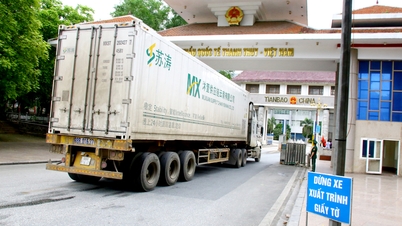



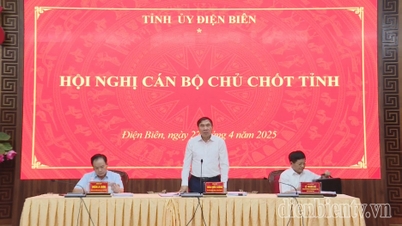


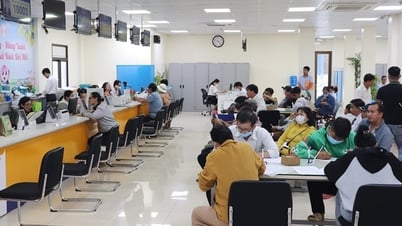

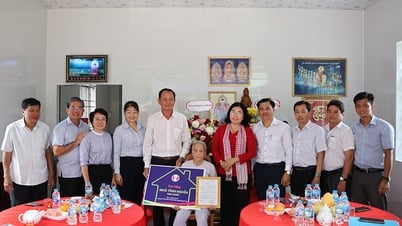







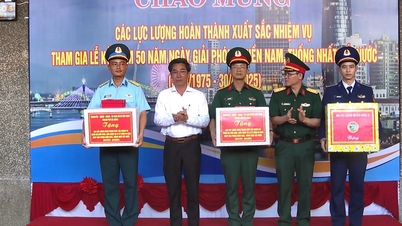

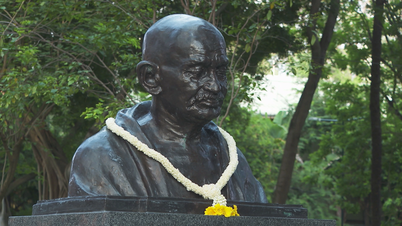




































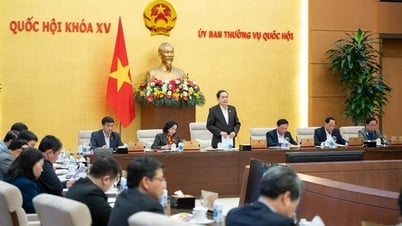















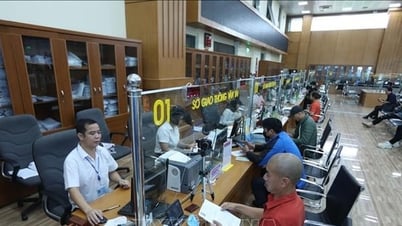

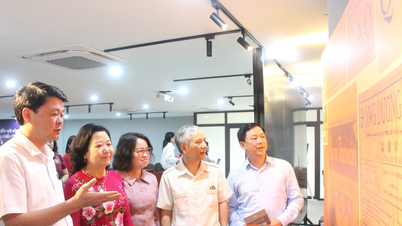
















Comment (0)